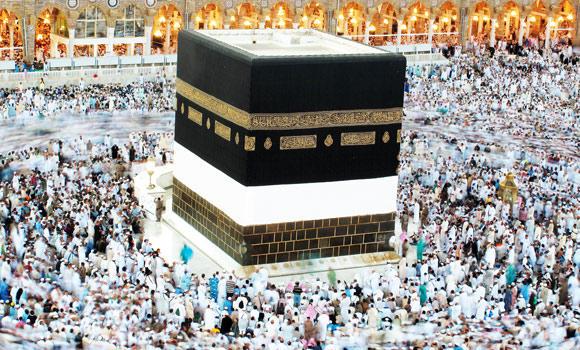
Makkah, Dec 30: The Makkah Municipality has deployed all its resources to welcome Umrah visitors to the Grand Mosque and offer them the best services like healthy environment and amenities for a comfortable stay in the holy city, said Mayor Osama Al-Bar.
A labor force of about 7,000 consisting of supervisors, drivers, sweepers and others has started sanitizing the city against any epidemic. A fleet of 550 garbage trucks is busy round the clock.
The roads are being cleaned and a work force of 3,000 is engaged 24/7 to maintain sanitation. The municipality has fielded 300 electrically operated compressor garbage storage tanks in the holy city to keep unpleasant odor away. These storage tanks are towed away and taken to sites outside Makkah, where the garbage is immediately incinerated.
One hundred teams will spray insecticides in Makkah, especially around the Grand Mosque, to maintain hygiene, Al-Bar said, adding that a team of hundred workers with a fleet of 10 garbage trucks is on stand by to meet any emergency situation.
A team of supervisors survey all shops selling foodstuff. If the team finds any stuff past expiry date it is removed and the shop is fined.
Similarly, all the five butcheries are provided with veterinarians to check the animals before slaughtering and check meat after the animal is slaughtered. The meat shops are kept under continuous surveillance by the inspectors to ensure pure and good supply of meat.
The restaurants and hotels too are checked off and on, and samples of foodstuff are sent to laboratories for checking. These steps are taken to protect the Umrah visitors from food poisoning.
Continuous power supply to the 56 tunnels stretching 30 miles is ensured and roads and bridges are kept under watch to guarantee smooth flow of traffic.
The six parking lots around Makkah are provided with toilets, adequate supply of water for drinking, and mosques for offering prayers, all kept in readiness for the comfort of the Umrah visitors from the Kingdom and from the Gulf countries, said Al-Bar.





Comments
Add new comment